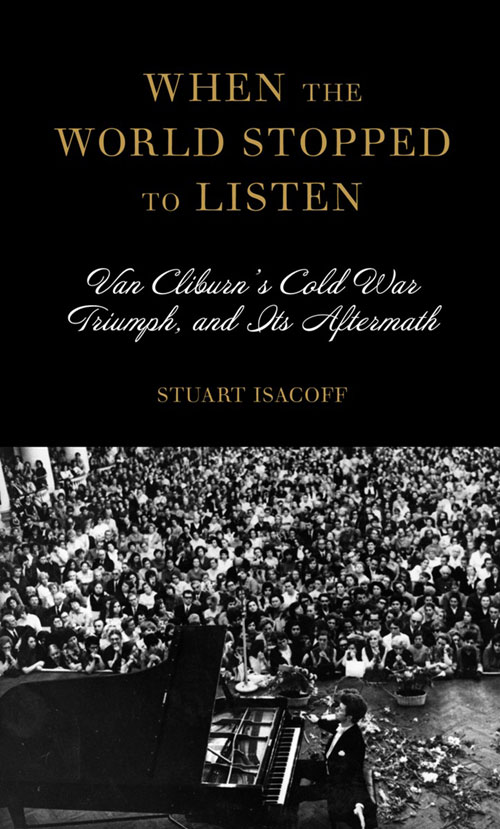
NEW YORK: KNOPF
2017
304 pages
When the World Stopped to Listen
Van Cliburn's Cold War Triumph, and Its Aftermath
From the acclaimed author of The Natural History of the Piano, the captivating story of the 1958 international piano competition in Moscow, where, at the height of Cold War tensions, an American musician showed the potential of art to change the world.
April of 1958 — the Iron Curtain was at its heaviest, and the outcome of the Tchaikovsky International Piano Competition seemed preordained. Nonetheless, as star musicians from across the globe descended on Moscow, an unlikely favorite emerged: Van Cliburn, a polite, lanky Texan whose passionate virtuosity captured the Russian spirit.
This is the story of what unfolded that spring — for Cliburn and the other competitors, jurors, party officials, and citizens of the world who were touched by the outcome. It is a behind-the-scenes look at one of the most remarkable events in musical history, filled with political intrigue and personal struggle as artists strove for self-expression and governments jockeyed for prestige. And, at the core of it all: the value of artistic achievement, the supremacy of the heart, and the transcendent freedom that can be found, through music, even in the darkest moments of human history.
